Mirko Tobias Schäfer / Assistant Professor
University of Utrecht Department for Media and Culture Studies
Mirko Tobias Schäfer / Assistant Professor
University of Utrecht Department for Media and Culture Studies
Date August 2013 / Category News
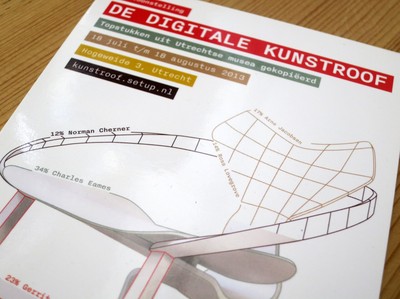
The Utrecht based media lab SETUP Utrecht put together a special exhibition featuring the qualities of 3D printing. In collaboration with Utrecht musea makers were invited to 'steal' exhibits by scanning them and reproducing them on a 3D printer. The show is called Digital Art Robbery. I had the pleasure of opening the exhibition with some remarks on 3D printing.
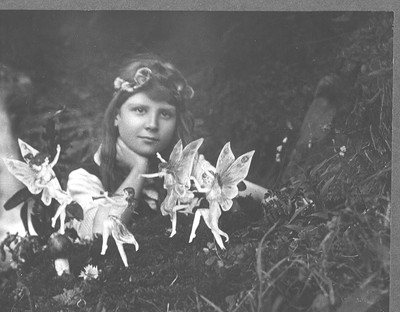
Teaming up with media historian Frank Kessler I was investigating the quality of technical images. With reference to Vilem Flusser's notion of the techno-image we span our discussion from the photographic image to computer simulations. We show that issues of trust in technical images have been discussed in various, yet often similar ways. In the tension between utopian expectations and sceptical interrogations, dispositifs of trust emerge as a result of continuous negotiations regulating the uses these images are put to. The article should have been published in a volume a while ago, but since these processes take up too much time, I share our article now.
Read the article Trust in Technical Images
Download as pdf
Date February 2013 / Category News
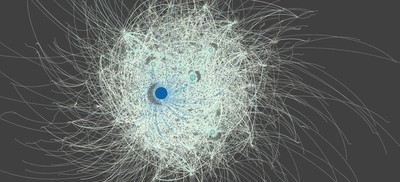
Utrecht Data School is a research initiative for students to analyse and visualize data. Using data from social media platforms or analysing hyperlinks of websites reveals social interaction and patterns of communication.
Date November 2012 / Category News
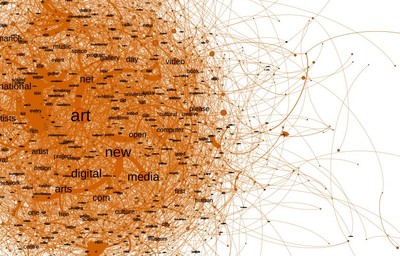
With an exhibition booth, a speed talk and an open studio the Artistic Technology Research Lab (ATechRes) is actively present at forthcoming Vienna Art Week. Artistic Bokeh presents the ongoing investigation into the creative process of media artists and documents collaborative interactions of the lab's extended network.
Date October 2012 / Category News
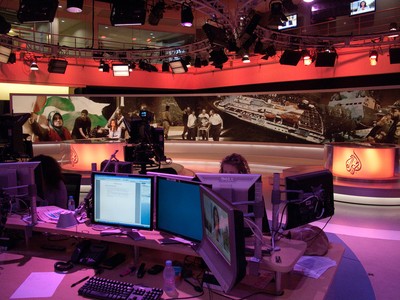
I will chair the forthcoming Impakt symposium News in a Multipolar World. The NMDC research programme is co-hosting the symposium with the Impakt Festival. Referring to this year's festival topic "No More Westerns" we focus on the transformation of news through the emergence of new players -big and small- in representing the world's events. A line up of leading experts will present case examples of emerging media systems and media practises in China, India, the Arab World and Russia. (Photo by Paul Keller)
Tags symposium
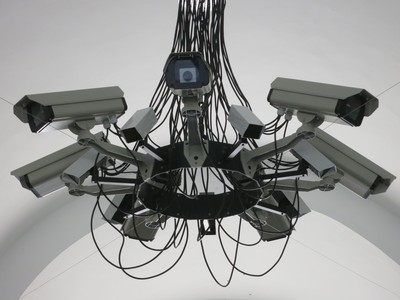
The recent disclosures of the US American spy program PRISM and its British version Tempora have put the issue of surveillance on the public agenda again. In 1998, the debate revolving around the Enfopol papers had pointed the public interest to surveillance activities of authorities. With the exhibition Ctrl Space in 2001, Thomas Y. Levin provided an overview of the rhetoric of surveillance and the multiple ways artists react to the media practices of observation and privacy invasion (Levin, Frohner, Weibel 2002). The newly revived public interest in state surveillance appeared at a time, when curator and artist Bogomir Doringer was putting together the Faceless show in Vienna's Museumsquartier.
Date February 2013 / Category News
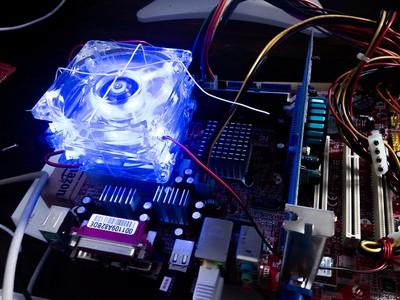
Last year I have been appointed research fellow at the Vienna University of Applied Arts, where I joined the Artistic Technology Research Lab. A first term of research took place during September and December 2012; the next term will start in April.
Tags research
Date January 2013 / Category News
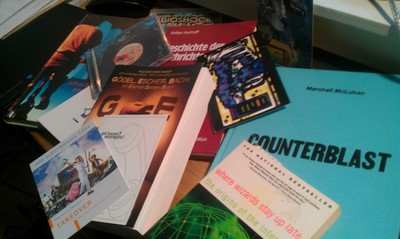
In 2006, graduate students and teachers at the Utrecht New Media & Digital Culture research program presented a list of books, films, movies and games that we considered essential for understanding new media. The extent to which those titles represented the aesthetic and logic of new media was crucial for adding them to this 'Golden List'. We deliberately avoided following short-lived hypes and popular choices. Our aim was to look for texts, movies, music and games which are representative of the qualities of new media and which would also stand a test of time. As such they would constitute a canon of new media titles, a cultural compendium of new aesthetics, media practices, technologies and its discourses. However, a canon is never stable but a temporary representation of what a specific cultural formation considers as their key works. We were not aiming for dogmatism, but rather looking for a common ground to develop a discussion about new media culture. Reaching out to our peers and our students, we perceived this list as a canon for producing an ongoing debate about a key works on new media; we want to perpetually revisit and rethink which titles are suited best to represent our field and the media practices developing with the diffusion of information and communication technologies.
After over 6 years, it is time to lead this discussion to a thorough revisiting of our 'Golden List' list, and to create in a collective effort a new compendium. We invite colleagues and students to participate by sending in their choice of literature, movies, music and games. Please state why the titles of your choice are essential for representing and understanding new media. Please mail your suggestions no later than March 30 to m.t.schaefer [at] uu.nl
The new list will be published in April 2013 at www.newmediastudies.nl
Date November 2012 / Category News
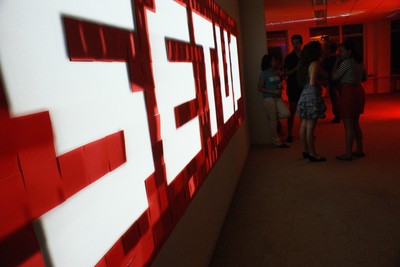
The Utrecht media lab SetUp will spend a month at Vienna's Museumsquartier. As artists in residence. Invited by the Artistic Technology Research Lab, the SetUp members will participate in activities concerning the mapping of innovative spaces and interactions.
Date October 2012 / Category News
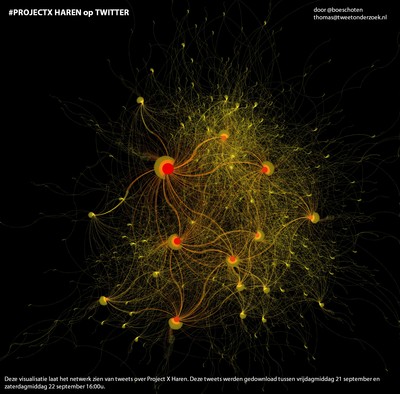
On Thursday 4 October, a group of students, researchers and data journalists will screen about 500.000 tweets to look for answers how the Facebook party in Haren created attention among Twitter users and how news spread over the networks.